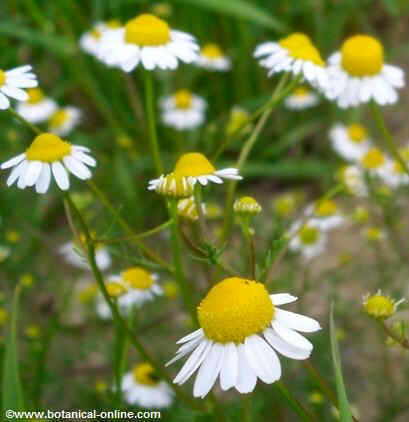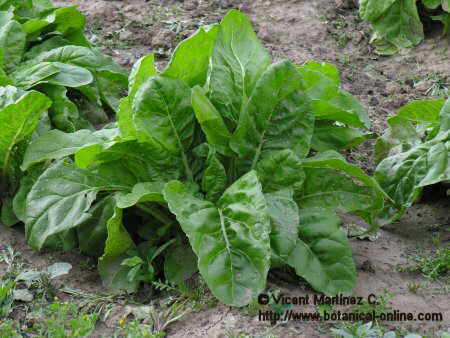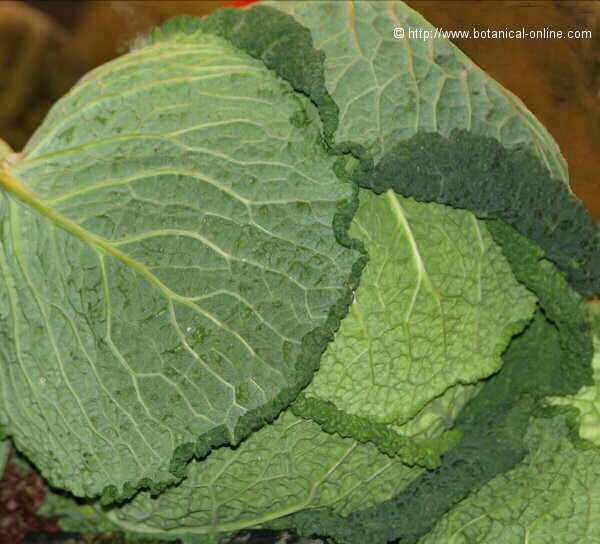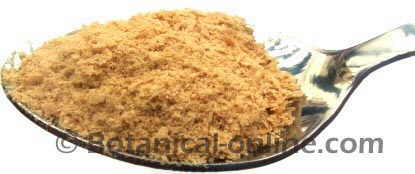Contents
Herbal remedies for strains
NATURAL TREATMENT OF MUSCLE STRAINS AND TEARS
Phytotherapy: Herbal remedies for strains and tears
The main function is to use herbal plants that are intended to:
- Relax tense muscles
- Relieve pain
- Prevent strains or favour its healing.
Internal use medicinal plant preparations for strains and tears
The main plants that can be used are:
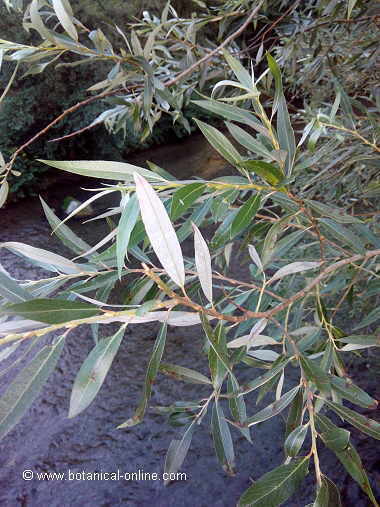 Willow
Willow
- Willow: (Salix sp.) By its salicin content, the principle of aspirin, it relieves pain. (Decoction of a pinch (2 gr.) from the dried bark per cup of water. Take two or three cups a day. Children from 4-10 years, half a dose) Do not take if allergic to aspirin. Long term use may cause irritation of the stomach.
- Horsetail: (Equisetum arvense) for its silica content, this plant is recommended when there is a need for the body to repair bony tissues that are in poor condition, resulting from trauma or calcium deficiency of the body.
Silica helps to set the calcium, so the body can store more of this mineral and is able to form bone or tendons in a better state. It will be interesting to use this plant when there are any fractures or bone or sprained ligament. (Decoction for 30 minutes of 100 g. Of the dried plant per liter of water. Take a couple of cups a day) See potential contraindications in the general study of the plant.
Lotions and compresses to treat muscular strains
Aplying them on the affected muscular are is a way to diminish inflammation and reducing pain. Among the most important medicinal plants that can be use, we have the following:
 Primrose oil can be used to rub on a muscle tear. It reduces inflammation
Primrose oil can be used to rub on a muscle tear. It reduces inflammation
- Primrose: (Oenothera biennis) For its anti-inflammatory properties, rubbing torn muscles with evening primrose oil helps to relieve pain.
- Arnica: (Arnica montana) Application of a lotion on the painful area with arnica ointment.
- Marigold (Calendula arvensis) and wild wonder (Calendula officinalis) Compress made with oil of marigold. Pour 35 grams of marigold flowers in one liter of alcohol at 45 degrees. Let it rest for 15 days and apply a wet gauze pad over the area.
- Vervain (Verbena officinalis) (Decoction of a handful of leaves in water for 15 minutes. Wet a compress and apply to the painful area).
- Shepherd’s purse (Capsella bursa-pastoris) Application of a lotion on the painful area with oil of this plant.
- Mint: (Mentha x piperita, Mentha rotundifolia) (Apply a compress soaked in the decoction of leaves and flowers on the painful muscle.) (Poultice of leaves soaked in hot water to be applied directly on the painful area.)
- Comfrey: (Symphytum officinale) Application of a lotion on the painful area with ointment of comfrey.
- Eucalyptus: (Eucalyptus globulus) Rub with essential oil on aching muscles to shrink and reduce pain.
- Wild thyme (Thymus serpyllum) or thyme (thymus vulgaris) Application of a lotion on the painful area with oil of these plants.
DIET FOR MUSCLES
Foods for muscles and tendons
A diet rich in vegetables, especially foods that contain magnesium and silicon, helps keep muscles and tendons in good condition:
- Among the plants that contain a high level of magnesium we would mention: purslane, spinach, lettuce or asparagus
- Plants with high silicon content are: parsley, nettles, – nettle soup is very suitable – or nuts.
![]() More information on injuries of muscles and tendons.
More information on injuries of muscles and tendons.
TABLE OF REMEDIES FOR COMMON PAINS
| TABLE OF REMEDIES FOR COMMON PAINS | |
| Muscles and sinews | |
| Muscular atrophy | Bones and joints |
| Fibromyalgia | Joint pain |
| Spasms/ache/cramps | Back or spine ache |
| Muscle pain | Neck pain |
| Tendinitis | Sprains |
| Bursitis | Dislocations |
| Others | |
| Stomach ache | Period pains |
| Sore throat | Headache |
| Toothache | Migraine |
| Earache | |



